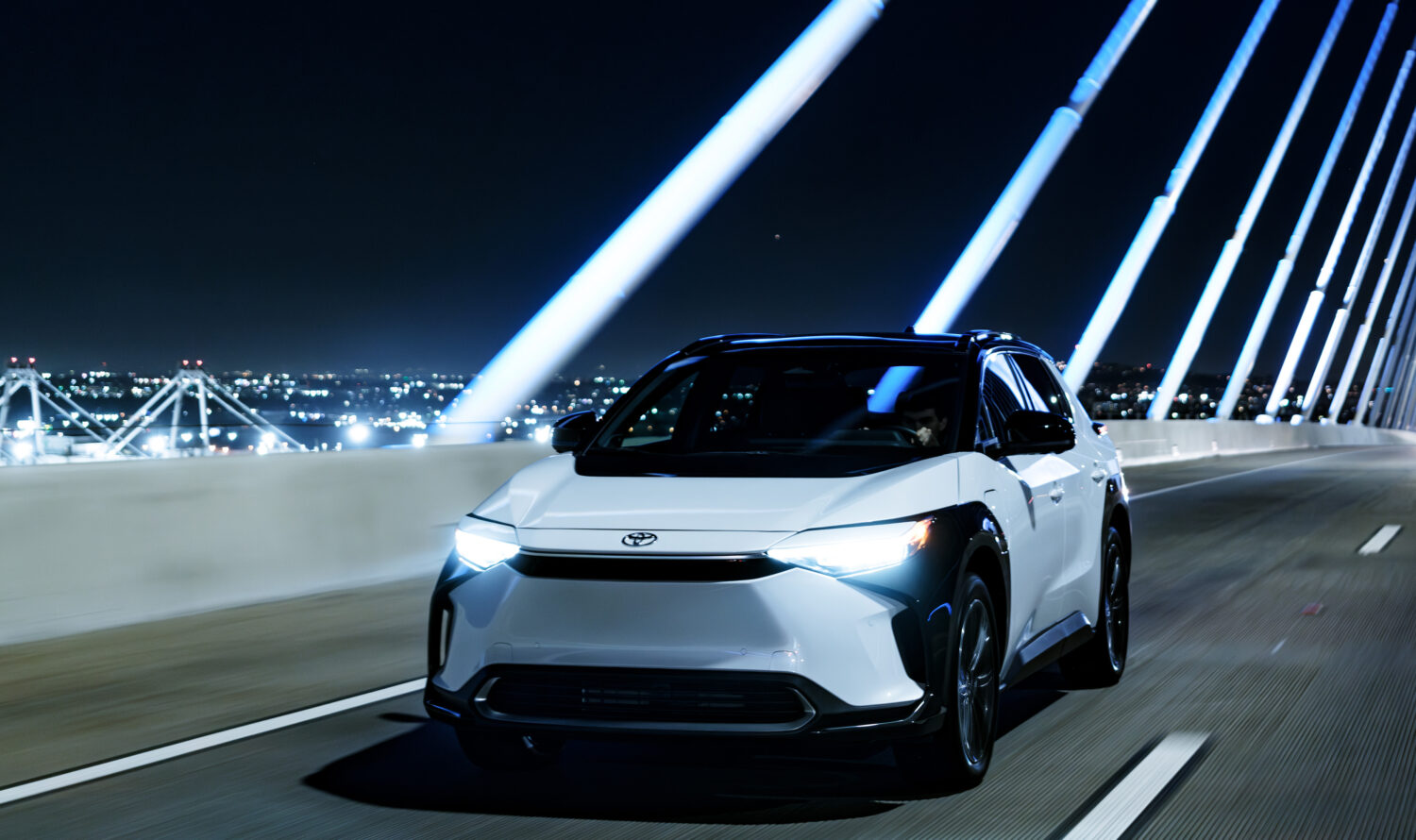[ad_1]

The CEO of Toyota isn’t mincing words, saying that he believes EVs will only make up 30% of the US new-vehicle market in 2030, half of the target the EPA sought last year. As the car industry’s largest hybrid pusher, Toyota says it is better positioned to just buy credits to close the EPA gap rather than “waste” money on BEVs, its CEO said.
In an interview with Automotive News, Toyota CEO Ted Ogawa said that the Japanese automaker plans to go with customer demand – and in his view, that’s varying degrees of “electrification,” usually in the form of hybrids with gas-burning engines.
Currently, the company is building a $13.9 million battery complex in North Carolina to be used in its EVs and hybrids sold in North America. Since 2021, Toyota has invested about $17 billion into its US manufacturing operations to build mostly hybrids.
“I know that EPA is now reconsidering what the regulation level should be. However, again, our starting point is what the customer demand should be. So, for example, 2030 regulations said the new-car market, more than half of it should be BEV, but our current plan is like 30%,” Ogawa said. “We are respecting the regulation, but more important is customer demand.”
What about closing the gap between proposed light-vehicle emissions regulations and what Toyota sells? “That’s a tough question. Regulation-wise, we would have to prepare something like credit purchase,” he told Automotive News. “It’s difficult to say, but it’s not better.”
“Wasted investment is worse than the credit purchase,” he added.
Toyota is one of the top-selling automakers, but EVs accounted for less than 1% of total sales last year. “Of course, to compare the battery to Tesla, we are behind; that may be true,” he said. “However, we are now catching up, not only the product but also the ecosystem surrounding the BEV area, such as the home charging or energy management.”
Electrek’s Take
Of course, none of this is terribly surprising. The brand has been a huge champion of hybrids all along, and sells just one EV for each of its two US brands, the Toyota bZ4X and Lexus RZ450e crossovers. Plus its love of hybrids has drawn loads of criticism from advocacy groups, including Public Citizen, for continuing to sell ICE and hybrid cars past 2030. Toyota also has a history of greenwashing its advertising and marketing, calling its half a dozen hybrid models “electrified,” which confuses consumers.
Toyota, like pretty much all automakers operating in the US, has a worried eye on China entering the US through Mexico – although BYD has said it has no plans to sell cars in the US due to too many hassles. Still, the fear is there, and the possibility looms that lower-priced Chinese vehicles will undercut those sold by other automakers, as happened in Mexico.
“Their product is so competitive, including the tariffs,” in Mexico, Ogawa told Automotive News. “But China also saw, for example, labor cost is increasing [and] material costs as well. So that’s why someday, they’ll be in the same condition” as other automakers in North America.
“Our dealers ask us every day how [we will compete with China in the U.S.] Still, we have the better product. However, it’s unclear how to keep competitiveness in terms of the MSRP or price area.”
Photo: Courtesy of Toyota
If you’re an electric vehicle owner, charge up your car at home with rooftop solar panels. To make sure you find a trusted, reliable solar installer near you that offers competitive pricing on solar, check out EnergySage, a free service that makes it easy for you to go solar. They have hundreds of pre-vetted solar installers competing for your business, ensuring you get high quality solutions and save 20-30% compared to going it alone. Plus, it’s free to use and you won’t get sales calls until you select an installer and share your phone number with them.
Your personalized solar quotes are easy to compare online and you’ll get access to unbiased Energy Advisers to help you every step of the way. Get started here.
FTC: We use income earning auto affiliate links. More.
[ad_2]
Source link
